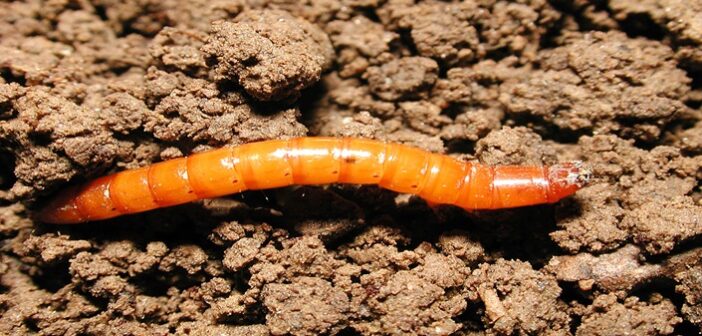Emerald Research Ltd (ERL) and a leading potato grower in South West England have won an eighteen-month Innovate UK project to tackle the ever-growing problem of wireworm damage in potatoes.
The £56,000 project will evaluate several soil improvers, rich in prebiotic polysaccharides and other naturally occurring, environmentally safe biochemicals, which have initially shown positive results in stimulating the reproduction and development of normal soil microflora as well as providing antagonism or deterrence to wireworms.
Wireworms are the larvae stage of the Click beetle and can remain in the soil for up to five years. A field can be home to all stages of the wireworm lifecycle, all feasting on roots, tubers and organic matter in the soil.
The AHDB estimates that potato losses to wireworm can range from 15-35%. This level of loss calls into question the production viability of potatoes (and other crops including maize, cereals, root crops and grassland) on infested fields, thus reducing the potential acreage available for cropping, with a knock-on effect on domestic food production and security.
Since Mocap (ethoprophos) was withdrawn from the market in 2019 due to its high soil toxicity, farmers and growers have been left with trying to mitigate wireworm damage by cultural means and by using products based on specific botanical extracts with biocide activity, which has had inconsistent results.
Now, ERL is undertaking field-scale trials that will take place in the South West of England and will test three different candidate products. Southern England is known to have an increasing wireworm issue, which is also thought to be spreading north. The project will look to document a post-treatment level of wireworms in the fields, while also recording the effects on soil health, tuber damage and marketable crop yield.




